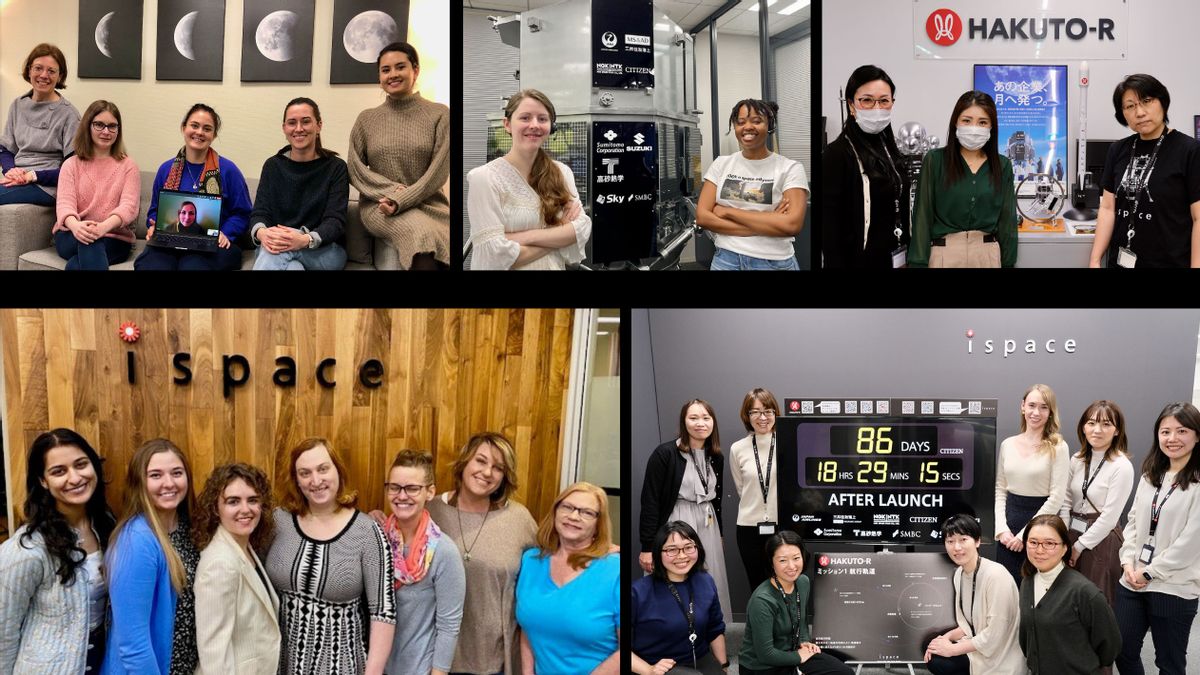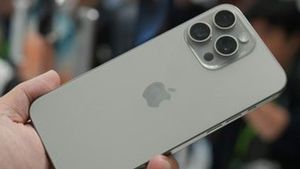JAKARTA - Japan's startup, ispace inc, announced that its efforts to make the first private moon landing had failed after losing contact with the Hakuto-R Mission 1 (M1) mission lander upon landing on the lunar surface and most likely had an accident. Ispace says that as the lander approaches the moon, the altitude measurement system may have miscalculated the distance to the surface.
"It looks like the lander falls freely onto the surface when the fuel runs out and can no longer turn on the thruster," Chief Technology Officer Ryo Ujiie told a news conference on Wednesday.
This is the second setback for private space development within a week after SpaceX's Starship rocket exploded spectacularly minutes after takeoff.
No private company has yet landed on the moon. Only the United States, the Soviet Union, and China managed to land the spacecraft gently on the moon, with India and private Israeli companies previously also ending in failure.
Ispace, which works to deliver payloads such as rovers to the moon and selling related data, recently listed on the Tokyo Stock Exchange two weeks ago and excitement about its prospects has pushed its shares up sevenfold since then.
However, disappointment sparked a surge in share sales on Wednesday, April 26. After being untraded throughout the day, the shares closed down 20% in forced closing prices decided by the exchange reflecting the balance of purchase and sale orders.
Japanese government spokesman Hirokazu Matsuno said that although it was sad that the mission was unsuccessful, the country wanted the ispace to "continue trying" because its efforts were very important for the development of the domestic space industry.
Japan, which has set the goal of sending Japanese astronauts to the moon in the late 2020s, has experienced several recent setbacks. The national space agency last month had to destroy its new heavy-transport rocket after reaching space after the second phase of the engine failed to turn on. Its Epsilon solid fuel rocket also failed after its launch in October.
"Meski gagal,lander berhasil menyelesaikan delapan dari 10 tujuan misi yang akan memberikan data berharga untuk upaya penuncuran berikutnya pada tahun 2024," kata CEO iSpace, Takeshi Hakamada.
The Lander carries a two-sphere two-wheeled baseball rocket developed by the Japan Aerospace Exploration Agency, the Tomy Co Ltd, and Sony Group Corp, as well as a four-wheeled rocket made by the United Arab Emirates. In addition, the miner carries an experimental solid-state battery made by Niterra Co Ltd.
On the second scheduled mission in 2024, the M1 will carry its own iSpace rover, and starting in 2025, the company will work closely with US space laboratory Draper to carry NASA's payload to the moon with the aim of building a permanent lunar colony by 2040.
The English, Chinese, Japanese, Arabic, and French versions are automatically generated by the AI. So there may still be inaccuracies in translating, please always see Indonesian as our main language. (system supported by DigitalSiber.id)










